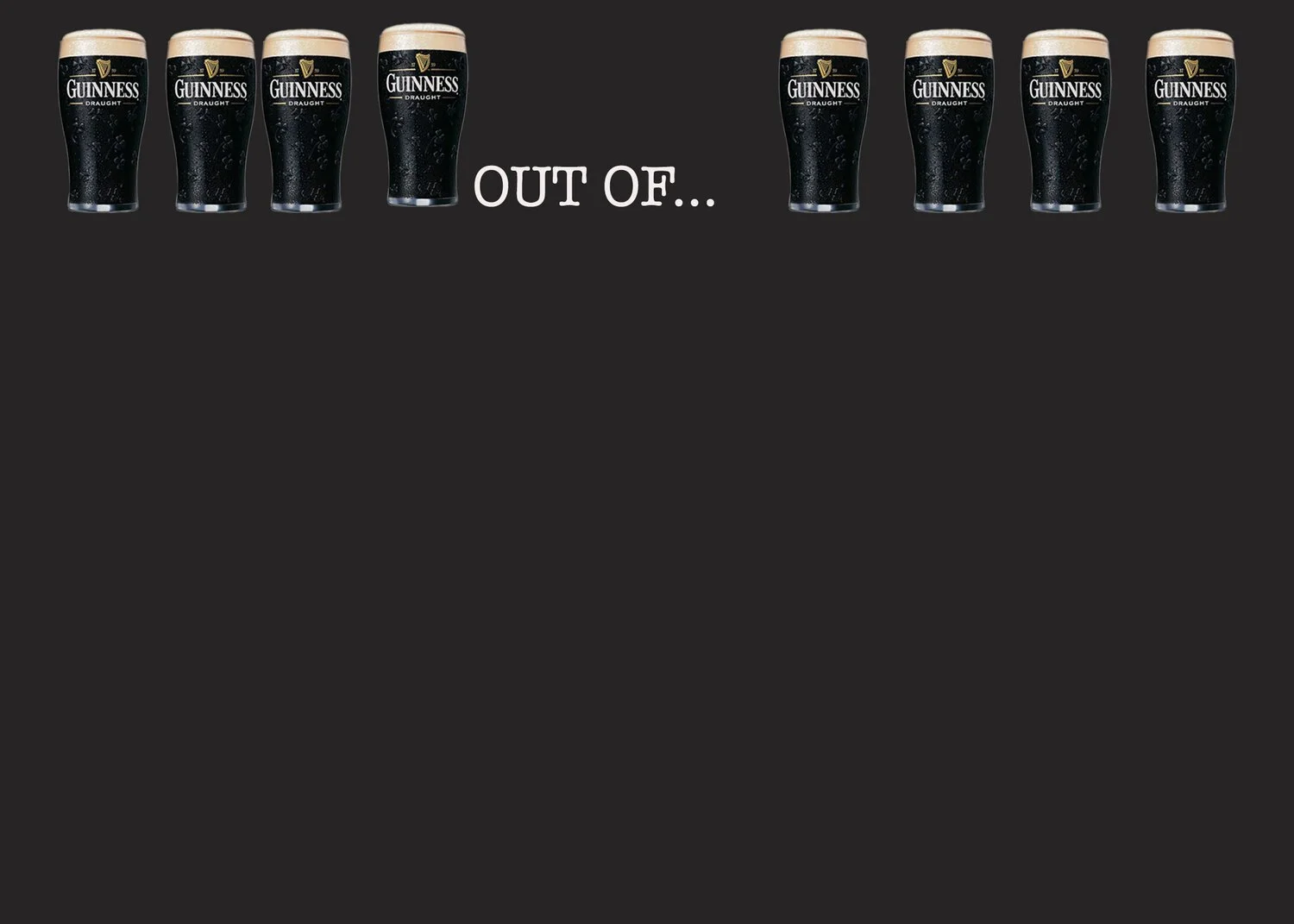Luce-Prepare To Be Morally Challenged
The best films are the ones that leave you with more questions than answers. Not in terms of plot but connotation. As a white man, I'm intimidated to write this review because this is a film that unapologetically lets you know right off the bat that if you're white, you're not going to understand what Luce Edgar ( Kelvin Harrison Jr.) is going through. Having said that I will try my best not to sound blind to Julius Onah's harrowing film. The ideology of a model black citizen trying to fit within a system that will do whatever it can within its grasp to pull you down has been examined time and time again in films but not to such a challenging, brave, complicated manner that "Loose" has in recent memory. Nobody is correct; not a single individual stands on a moral high ground, but you are forced to pick a side. "Luce" feels like being a therapist placed within a tense family session. Everyone's pointing fingers, each person is right, yet saying one person's opinion outweighs another would be dastardly.
Luce Edgar is your model Tolkien black student placed within a wealthy white community in Virginia. He's a top athlete grade A student. Wise beyond his years, Luce can out-speak anyone at a debate who's decades older than him. Impeding his progress is presumably the only black teacher within this Virginia school, Harriet Wilson (Octavia Spencer) Like "American History X" Ms. Wilson comes across a paper promoting violence to force upon actual social change. The article was written as assigned through the perspective of a historical figure, so in essence, Luce did what Ms. Wilson asked. Being the same skin color as Harriet, she senses a sense of urgency for which she can only understand in Luce's writing. In what I hope to be is a career-changing performance by Octavia Spencer, Ms. Wilson stretches beyond her means to place responsibility on Luce. If you've ever had that teacher, who seemed to be out to get you merely because she doesn't like you Spencer embodies that perfectly through her calculated chilling portrayal of an uptight bitch. But is she a bitch or someone who has been beaten down by the system? We see how her personal life interferes with her professional experience through the struggles of her psychotic former crack addict sister Rosemary (Marsha Stephanie Blake) Being black within a predominately white community often requires one to rise above the rest to undercut the unspoken racism contained within that community. Rosemary is the perfect stereotypical black for everyone to reaffirm their prejudice.
What would often be displayed in a film as a morally perfect white role, Luce's adoptive parents Amy (Naomi Watts) and Peter Edgar (Tim Roth) would do anything to protect their son but why did they adopt him? Luce was known for having a violent background; he was far from the model citizen yet they brought him in, not only saving him but turning him into the best student one could ever possibly hope to have. "Luce" is the reverse "Blindside." These parents, although well-meaning, are trying to show the world how they're Sandra Bullock. Luce is their trophy to display, a kid who plays along by the rules of the whites in his community. He doesn't want to be another Rosemary, yet he also doesn't want to be a mantlepiece. There may be a sinister side to Luce we don't know about. He approaches every encounter with an eerie sense of calm, making us question his true intentions.
The source material of "Luce" stems from a play written during the Obama era. Now with the results of the Trump era, "Luce" takes on a whole new meaning of tokenism, liberalism, prejudice, empathy, and judgment. Its reflection of today's society is no longer a cautionary tale but a look back at where we went wrong. Unlike most play to adapted films I wasn't waiting for everyone to stop monologuing expecting the stage lights to go out at any moment, "Luce" doesn't feel like a play. Yes, it's an acting powerhouse. Yes, there's a ton of pure dialogue moments, but the pacing of the film is one of a nail-biting thriller. It harkens to Hitchcock's example of the bomb being placed under the table. The suspense in "Loose" isn't the explosion, but when the explosion is going to go off. Julius Onah presents a magnificent version of the forgettable 2001 adaptation of Shakespeare's "Othello" that was simply titled "O." We are waiting to see Luce like O snap. The moment where Ms. Wilson is either proven right or goes insane is imminent. Like that bomb going off, there's a continuing motif by Geoff Barrow and Ben Salisbury's score of a large drum going off as if they're small explosions of the mind. This drum motif works in correlation with a heavenly theme of a choir resembling sentiments of saintism through the communities outlook of Luce as if he's their Obama expecting unfair results from such a young man.
You're forced to pick sides by the end of the film. Whichever side you choose won't be the right one. It'll only be what you feel is right. The best movies indeed are the ones that make you question things on a moral and intellectual scale. "Luce" will not leave you when you walk out of the theatre. It will make you question your own prejudice. It's a tight grip to your seat morally challenging thriller that's one of the best I've seen in years. This is a film I'll see multiple times earning something different from each viewing. If "Luce" grows in popularity, it will be fascinating to see the heated debates it will conjure as it's a film that will force a visceral reaction out of anyone who sees it.
Do you agree with my rating? Let me know and respectfully



